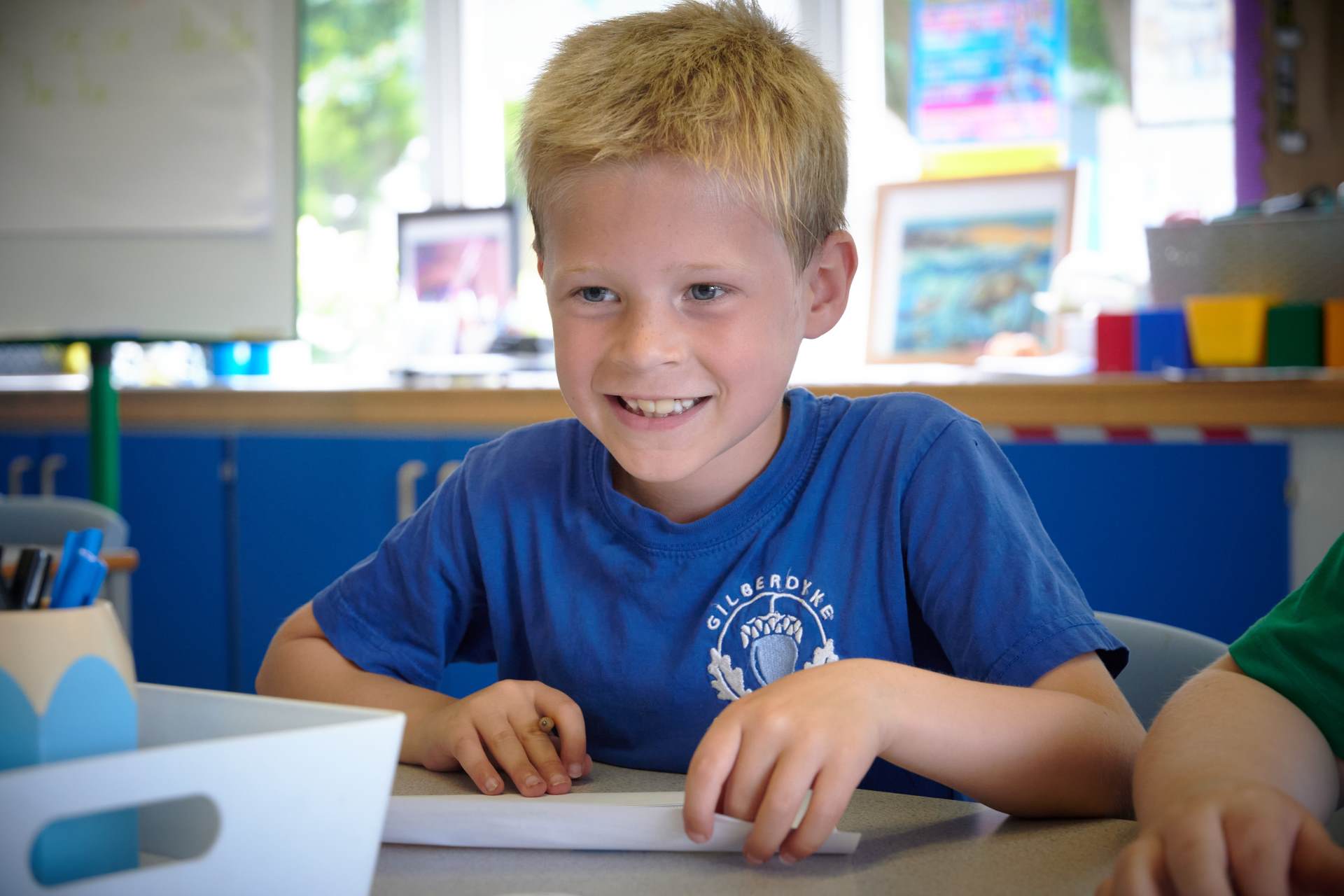Languages

Intent
At Gilberdyke Primary School we aim to develop a curiosity and a passion for learning a foreign language within our pupils. We aspire that our curriculum will prepare them well for their language learning at KS3 and for any potential later life experiences.
Linking in with our key values and curriculum which aim to broaden children’s minds, the MFL curriculum at Gilberdyke intends to; promote and celebrate an understanding of living in a multi- cultural society, provide an opening to other cultures and foster a curiosity about the wider world.
The National Curriculum for MFL at KS2 aims to ensure that pupils;
- understand and respond to spoken and written language from a variety of authentic sources
- speak with increasing confidence, fluency and spontaneity, finding ways of communicating what they want to say, including through discussion and asking questions, and continually improving the accuracy of their pronunciation and intonation
- write at varying length, for different purposes and audiences, using the variety of grammatical structures that they have learnt
- discover and develop an appreciation of a range of writing in the language studied
At Gilberdyke, our intention is to deliver a high-quality language education with these same aims and aspirations. Our curriculum enables pupils to understand and communicate ideas, facts and feelings in speech and writing, focused on familiar and routine matters, using their knowledge of phonology, grammatical structures and vocabulary.
Our chosen language focus at Gilberdyke is French.
Implementation
At Gilberdyke, children are taught French in KS2 through weekly lessons, supported by the iLanguages scheme. The four key language learning skills; listening, speaking, reading and writing are taught together with the necessary grammar, sequenced throughout KS2.
Children will progressively acquire, use and apply a growing bank of vocabulary, language skills and grammatical knowledge which are organised around age-appropriate topics and themes – developing the building blocks of language into more complex, fluent application.
Typical provision in Foreign Language lessons ensures that pupils are taught to:
- listen attentively to spoken language and show understanding by joining in and responding
- explore the patterns and sounds of language through songs and rhymes and link the spelling, sound and meaning of words
- engage in conversations; ask and answer questions; express opinions and respond to those of others; seek clarification and help
- speak in sentences, using familiar vocabulary, phrases and basic language structures
- develop accurate pronunciation and intonation so that others understand when they are reading aloud or using familiar words and phrases
- present ideas and information orally to a range of audiences
- read carefully and show understanding of words, phrases and simple writing
- appreciate stories, songs, poems and rhymes in the language
- broaden their vocabulary and develop their ability to understand new words that are introduced into familiar written material, including through using a dictionary
In addition to this, pupils will:
- write phrases from memory, and adapt these to create new sentences, to express ideas clear
- describe people, places, things and actions orally and in writing
- understand basic grammar appropriate to the language being studied, including (where relevant): feminine, masculine and neuter forms and the conjugation of high-frequency verbs; key features and patterns of the language; how to apply these, for instance, to build sentences; and how these differ from or are similar to English.
Impact
When children leave Gilberdyke Primary, they will have a natural curiosity and confidence to explore other countries, cultures and languages, accepting that, in a multi-lingual society, it is a valuable skill to be able to communicate effectively with others in another language. They will be engaged and prepared to continue language learning at Secondary School.
Children at Gilberdyke Primary School will enjoy their French lessons and discussing and finding out about other languages and cultures. This results in motivated learners with an enthused attitude to language learning.
- This leads to the KS2 MFL learning being a springboard for KS3 learning and beyond
- Pupils will develop integral skills within the four main areas of listening, reading, writing and speaking
- Pupils will have been provided with the firm foundations and knowledge for the next stage of their language learning



